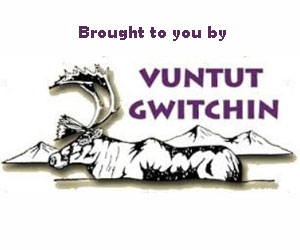
On July 1st, the federal carbon tax took effect in the Yukon.
On July 1st, the federal carbon tax took effect in the Yukon. The government announced the carbon tax in 2018. It was first implemented in Ontario, New Brunswick, Saskatchewan and Manitoba on April 1st.
The goal of the tax is to increase the cost of carbon-emitting fuels to make alternative green energy sources more cost-competitive. The tax will be applied to gasoline, propane, and diesel. The price of gasoline will be raised by 4.42 cents per liter, diesel will be raised by 5.37 cents per liter, and propane will be raised by 3.10 cents per liter.
The yearly impact of the tax per household will be $260 on average, or $84 per person.
In the first year, the Government of Canada is expected to make $7.8 million in revenue from the Yukon alone.
The government says it will return the revenue to the territory to compensate for increased costs. In March of 2019, the Yukon government tabled the Yukon Government Carbon Price Rebate Implementation Act which outlines how the government will return the revenue. According to the act, Yukon citizens can expect their first rebate payment of $43 this fall. Yukon First Nations Governments are expected to pay approximately 0.5% of the tax and will receive 1% of the revenues. Municipal governments will pay 2.5% of the tax and will receive 3% rebate. Yukoners must be over 19 and have filed their taxes to qualify for the rebate.
In regard to the act, Premier Sandy Silver says, "With this Bill we are delivering on our commitment to return all carbon pricing revenues to Yukoners. Our made-in-Yukon carbon rebate protects vulnerable Yukoners, provides incentives for green actions, and ensures that the territory remains competitive as we transition to a cleaner economy. We will continue to work on behalf of all Yukoners to ensure that the challenges we face in the North are recognized by the Government of Canada."
NDP House Leader Kate White says while reducing carbon emissions is important, the party doesn't support the rebate, "The price on carbon that was implemented on July 1st, we actually think is important. We don't like the way that the Liberal Government is doing it because we think that instead of rebating all the money, including all the money the government themselves pay into it, it's about investing in greener technology and greener energy. But really, the climate can't tolerate if the status quo continues. Something needs to be done and this is the decision made by the federal government and the territorial government, so there we go."
The federal, provincial, and territorial government will work together to create an interim report on the tax in 2020, along with a five-year review in 2022.
This tax is estimated to lower greenhouse emissions by 20 kilotonnes in 2020, and 32 kilotonnes in 2022.
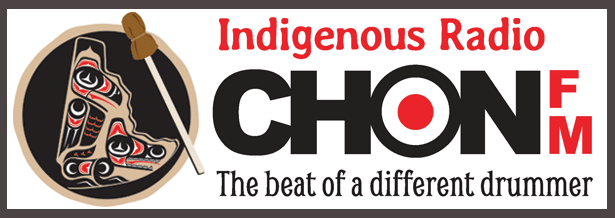
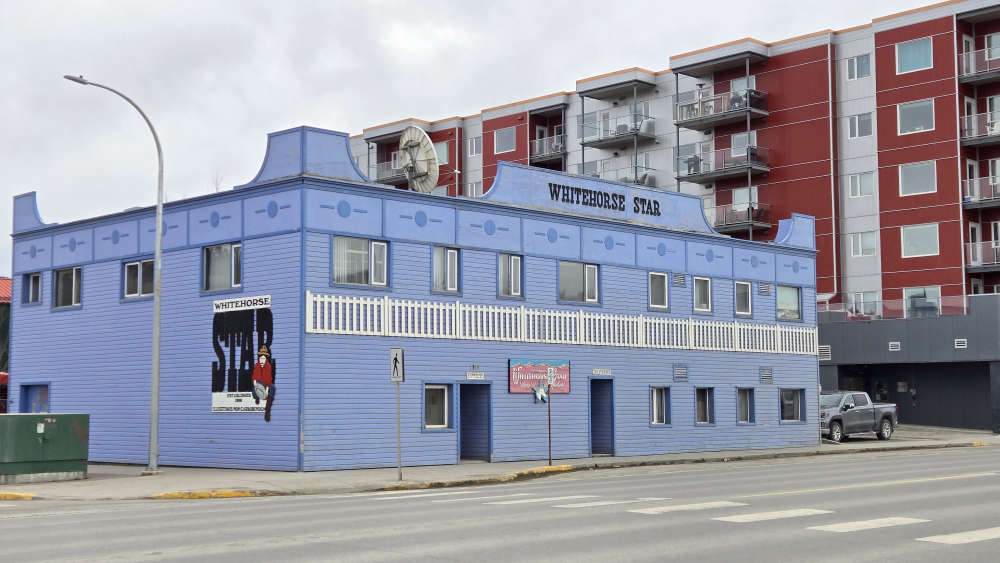 The end of one Star sparks the birth of another
The end of one Star sparks the birth of another
 UPDATE: Missing First Nations Haines Junction residents located
UPDATE: Missing First Nations Haines Junction residents located
 Minister's home vandalized with threats and profanity
Minister's home vandalized with threats and profanity
 Whitehorse Community Thrift Store donates $100K to community organizations.
Whitehorse Community Thrift Store donates $100K to community organizations.
 Whitehorse residential school ground searches completed
Whitehorse residential school ground searches completed
 Arrested parent accuses department of Education of escalating matters at Holy Family School
Arrested parent accuses department of Education of escalating matters at Holy Family School
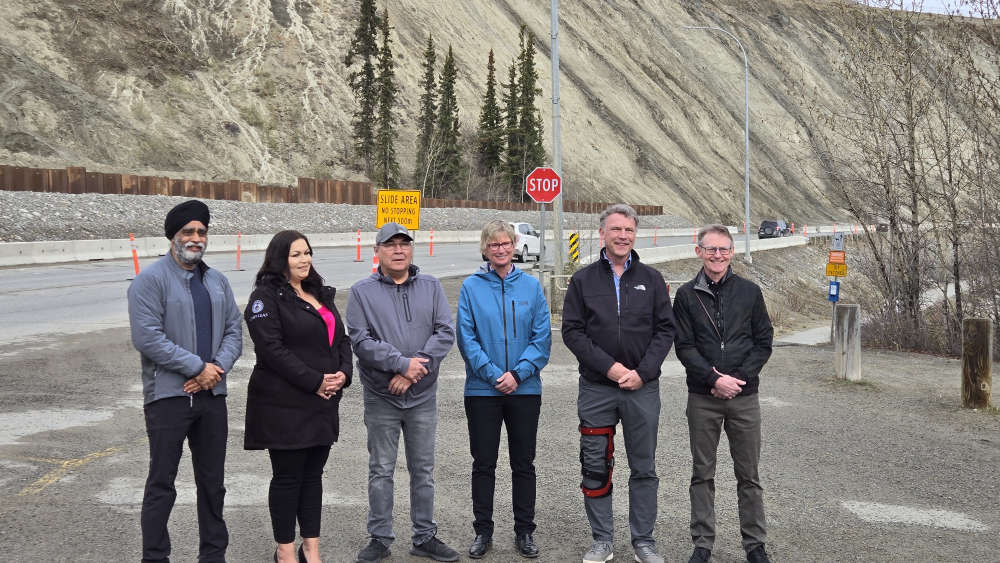 Government of Canada announce over $45M to protect Whitehorse Escarpment and Robert Service Way
Government of Canada announce over $45M to protect Whitehorse Escarpment and Robert Service Way
 Yukon government passes Health Authority Act
Yukon government passes Health Authority Act
 Regalia workshop for special traditional occasions holds in Whitehorse
Regalia workshop for special traditional occasions holds in Whitehorse
 Unity in the Community Walk for four Yukon women who died at the Whitehorse Emergency Shelter held in Whitehorse
Unity in the Community Walk for four Yukon women who died at the Whitehorse Emergency Shelter held in Whitehorse
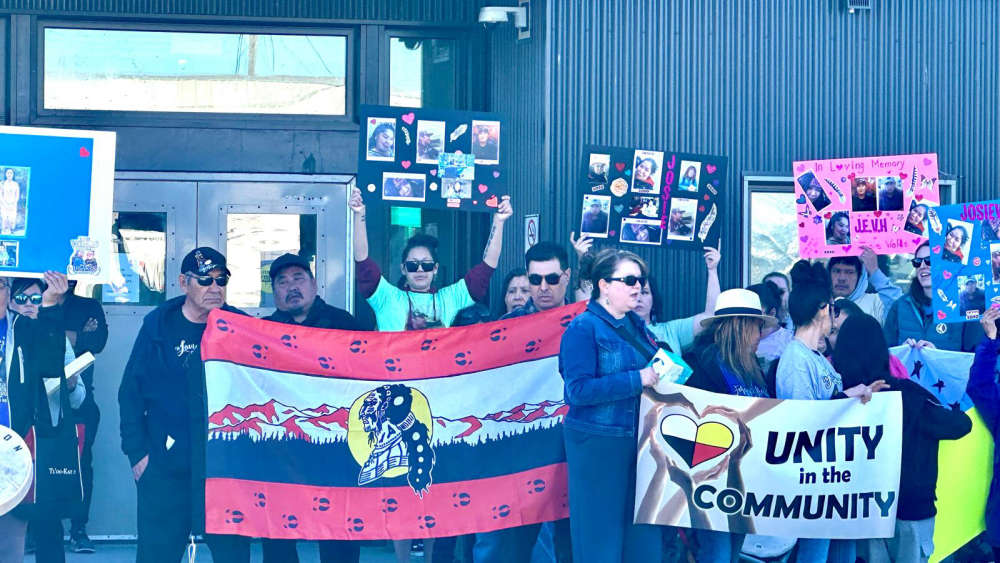 Testimony hearing into the deaths of four Yukon women comes to an end.
Testimony hearing into the deaths of four Yukon women comes to an end.
 Ground searches at two former Whitehorse residential school sites begin this week
Ground searches at two former Whitehorse residential school sites begin this week
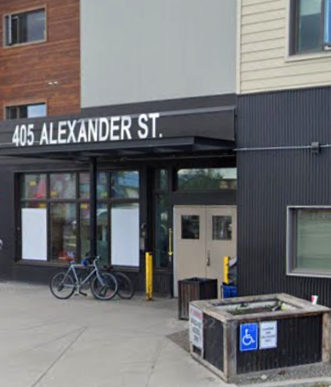 Coroner's Inquest sees footage of lifeless body ignored for more than 12 hours
Coroner's Inquest sees footage of lifeless body ignored for more than 12 hours
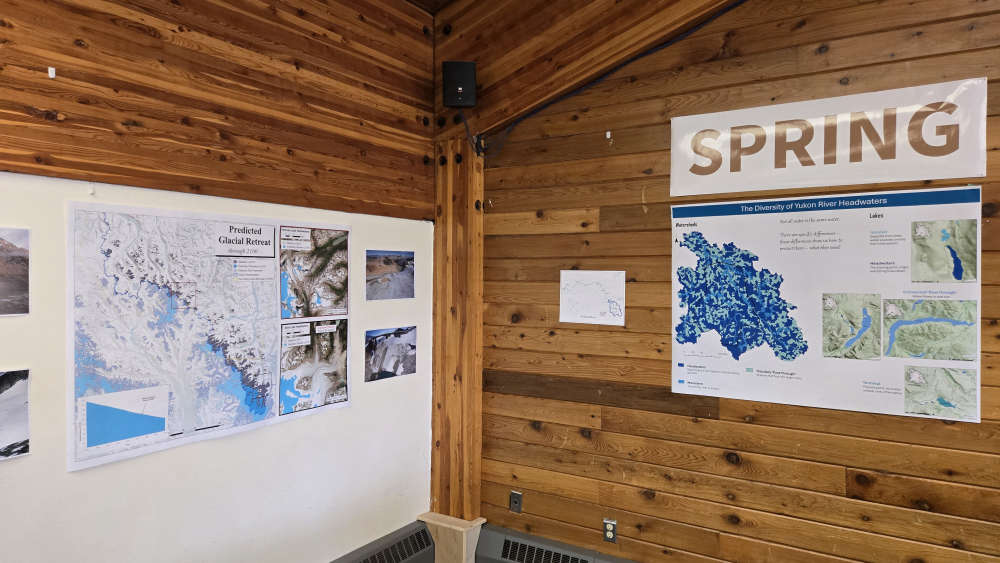 How We Walk with the Land and Water holds two open houses
How We Walk with the Land and Water holds two open houses
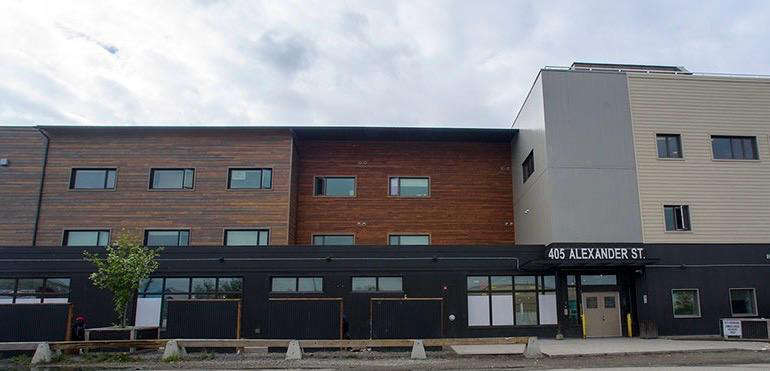 Whitehorse Emergency Shelter staff not trained for emergencies, inquest hears
Whitehorse Emergency Shelter staff not trained for emergencies, inquest hears
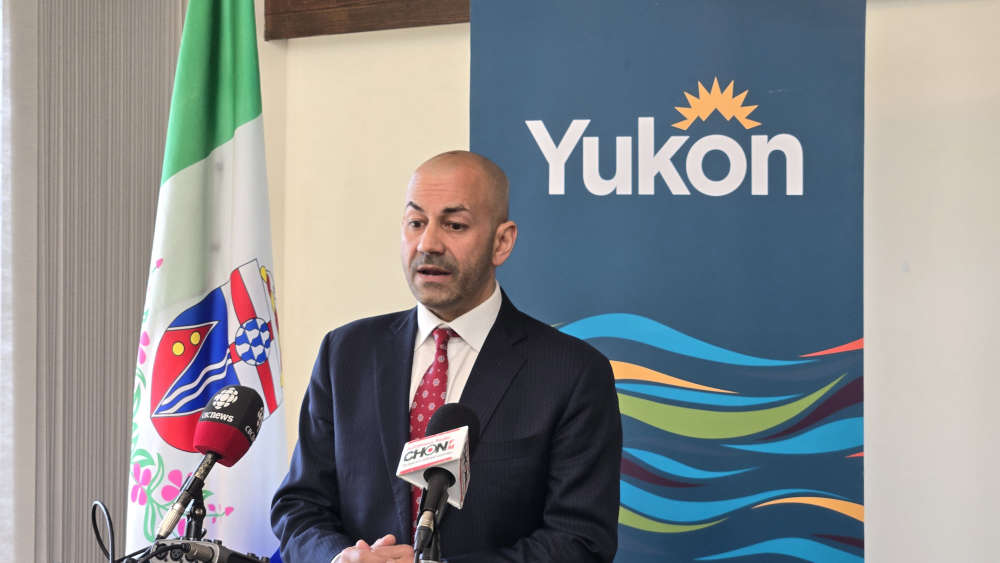 Premier pledges to meet with Yukoners living in tents to help them find housing
Premier pledges to meet with Yukoners living in tents to help them find housing

